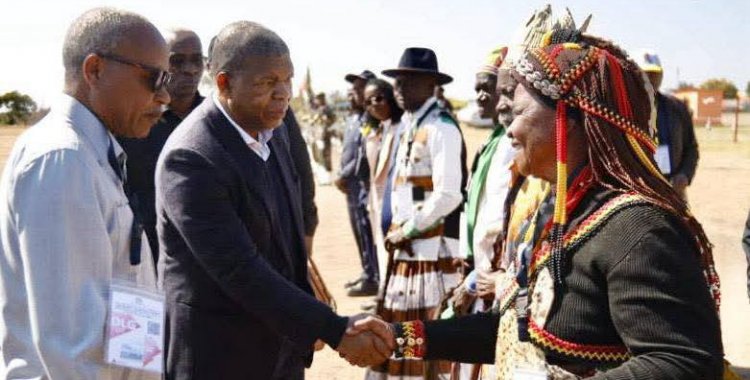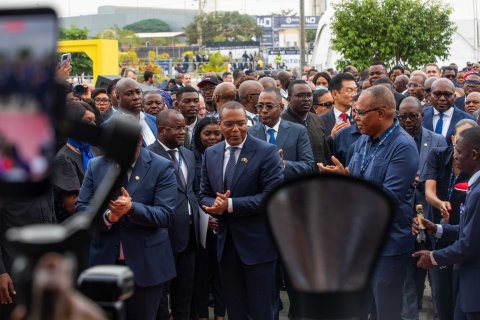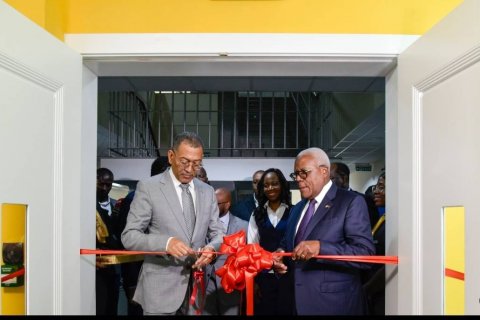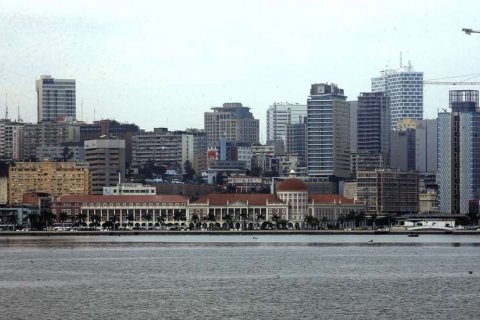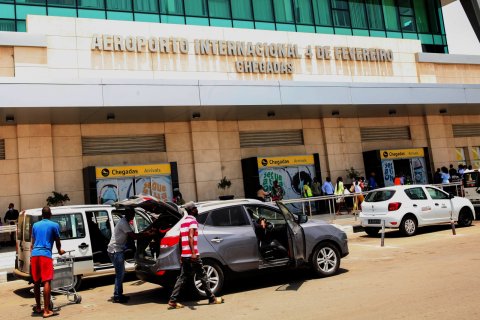At the time, he mentioned that if the division had been implemented five or ten years ago, Cuando province would already have some problems resolved.
"By then, we would already have the road connecting Cuito Cuanavale to Mavinga functioning perfectly, as well as the Mavinga/Dirico road and other roads connecting areas that were previously communes and have now been elevated to the status of municipalities," he said, citing the fact that they would also have more schools, more hospitals, and other facilities, as well as an airport and other essential infrastructure, such as water and electricity networks.
"You can be sure that, with this level of development, we would also have a much larger population in this region," he said, as quoted by Angop.
Although citizens are still feeling the consequences of the delay, the President admitted that it is better to make this decision late than never and said the goal is to work to change the current situation.
"Better late than never. We made this decision late, it's true, but we made it. Now, our goal is to execute the projects planned for the development of Cuando province at a speed, if possible, above normal," he said.
"We will try to run, without stumbling. Obviously, no one wants to fall. But we will try to run, we will execute the projects at a speed above normal," he added.
At the time, João Lourenço also revealed that the government will invest in the development of ecological tourism in Cuando, as a source of revenue for the region's economic and social progress, according to Angop.
"We would like to distinguish a branch of the economy and see this city of Mavinga as the national capital of ecological tourism," he said.
He added that some neighboring countries have successfully developed their natural parks, which represent sources of revenue and foreign exchange, and this is an example that Angola aims to emulate.
Quoted by Angop, he announced that public tenders will be launched for the management concession of the Mavinga and Luengue-Luiana parks.
Thus, the goal is to develop the tourism sector to generate revenue that can be used in schools, hospitals, and other areas, as well as to boost employment.
On the occasion, he also recalled his recent meeting with Prince Harry, who is involved in the development of parks and nature reserves. "It is with these figures that we will develop our parks, as they have a network of clients who can come to the country. We can organize the parks, but those who will bring the clients who pay well to see an elephant, a rhino, a zebra are these international organizations, and we have to work with them," he added.
Among other things, he also made a plea for environmental preservation: "Don't kill wild animals. Don't kill elephants, giraffes, hippos, or rhinos. If you do your part, I'll do mine: I'll build the infrastructure. If you don't, the state won't invest either."
On his first official visit to the new province of Cuando, the head of state met with the provincial government to take a snapshot of the current state of Cuando.
At the meeting, chaired by the President and held in the city of Mavinga, the provincial governor, Lúcio Amaral, provided an overview of the province's current situation, highlighting challenges and goals in key sectors such as education, health, agriculture, energy, and others.
For example, according to Angop, in the education sector, the provincial governor announced that Cuando currently has 933 teachers and 353 classrooms, and that there is a need to expand the school network to accommodate the more than 10,000 children who are not in the education system. In the health sector, he highlighted the urgent need to build a field hospital to address deficiencies in health services and prevent the displacement of critically ill patients to remote locations.
In addition to the meeting, his visit also included a consultation with local social figures.

